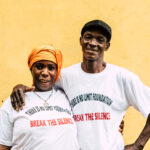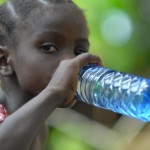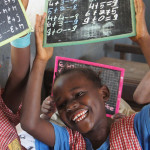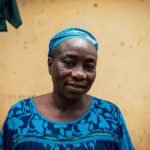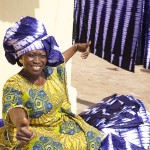MAÏ Health For All Project
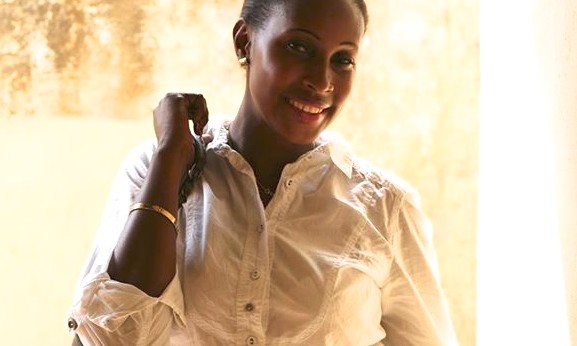
Through the Maï Health for All Project, we donate medical supplies and equipments to hospitals and health centers in developing countries in order to ensure health care providers are equipped with the right tools to treat patients. We also provide customized health kits directly to remote households to ensure they have access to basic medical care.
We undertake community outreach to increase knowledge about health practices and advocate against harmful cultural practices and norms. Participants in our workshops learn about their right to health, proper hygiene practices and ways to prevent the spread of diseases. They also partake in discussions about the causes and impact of harmful practices, especially female genital mutilation/cutting (FGM/C), forced and early marriage and domestic violence.
Maï Health for All Project is carried out in memory of Maïmouna Soumah (Maï), a student and single mother originally from the Republic of Guinea. In 2013, she became pregnant with twins and moved closer to her family as her due date approached. Although there were little signs of trouble during her pregnancy, she died along with her twin child at the age of 34 years old in Conakry. Maï’s other twin daughter survived and was named after her. She also leaves behind a son, Mohamed Camara.
-
Implementing Countries
The Republic of Guinea
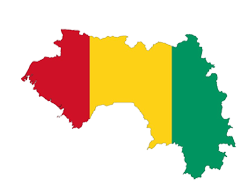
-
Key Metrics:
30
new mothers received baby clothes through our maternal health initiative
-
$350k+
worth of medical supplies was sent in a 40ft container to respond to the 2014 Ebola outbreak in Guinea
programs
-
Sustainable Development and Entrepreneurship Program
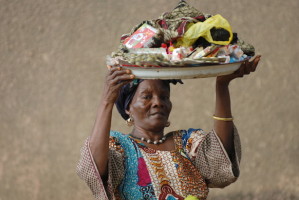
We promote the economic independence of ultra-poor individuals, specifically women and children.
-
School Grant Program

We promote the education of poor and ultra-poor children by working with parents, students and teachers.
-
Life Improvement Program
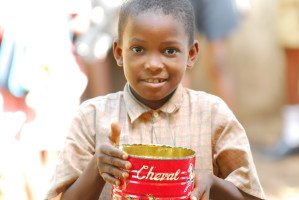
We promote health and sanitation in the poorest communities by mobilizing local resources.
